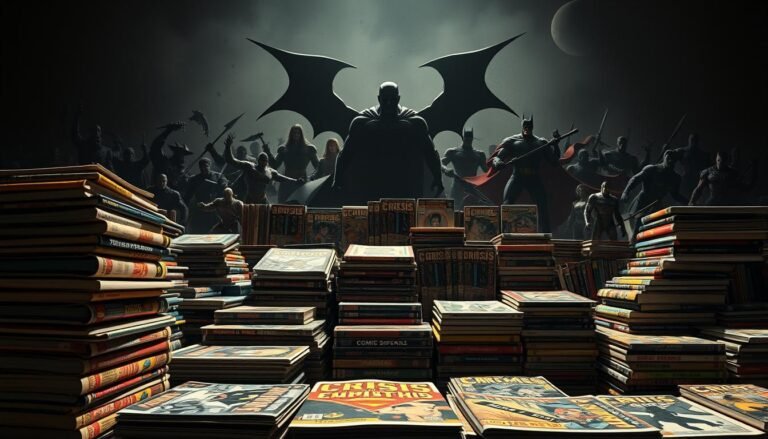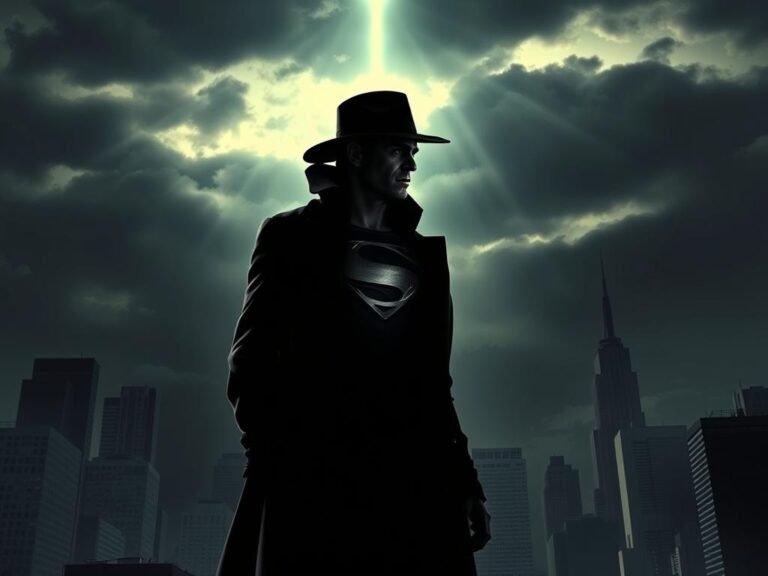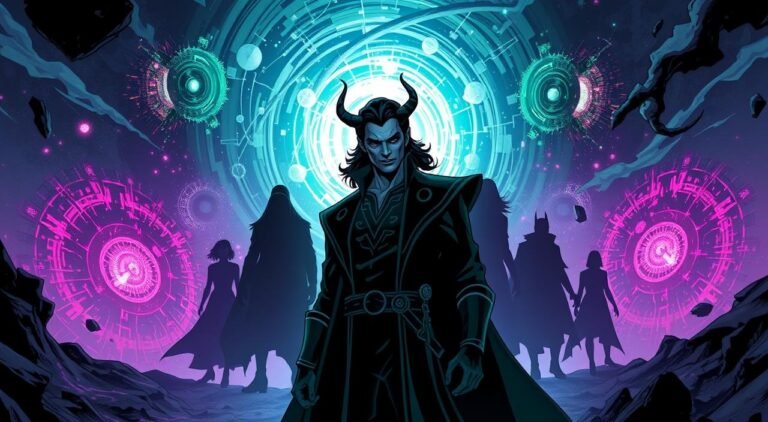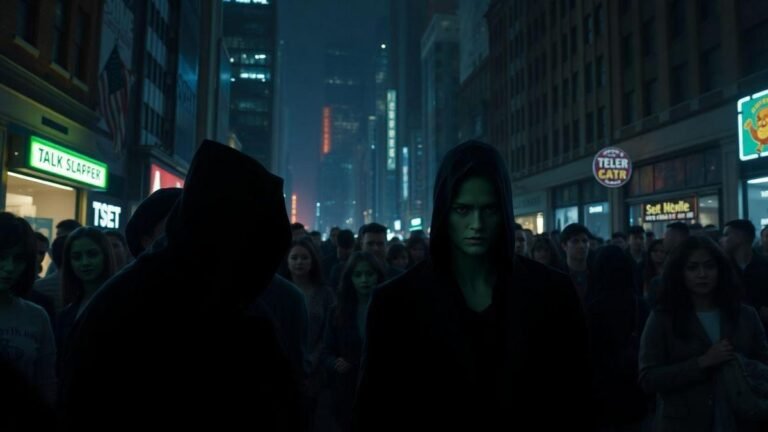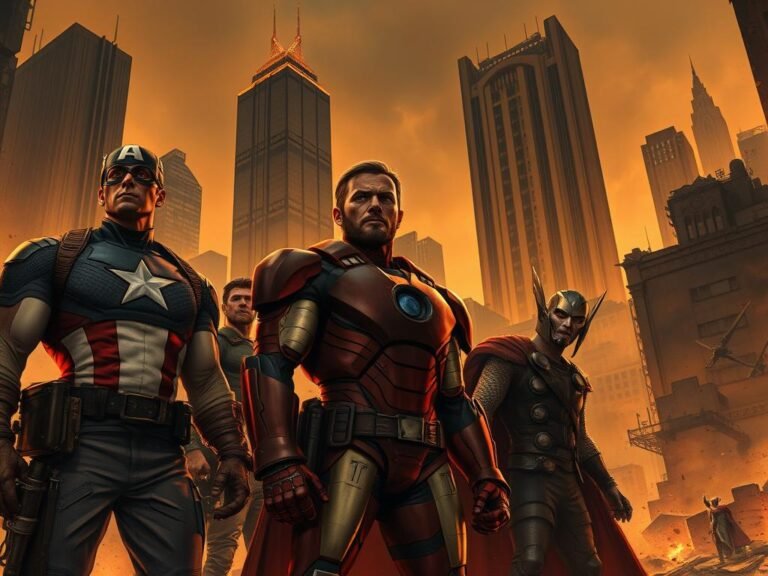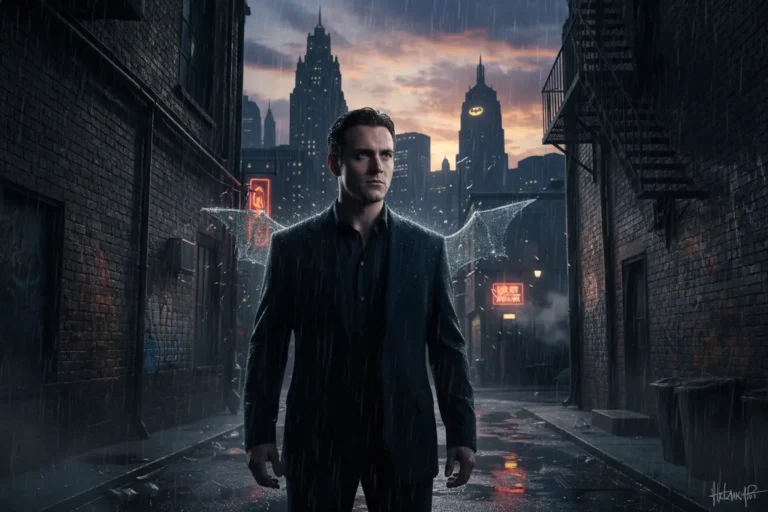The Incredible Hulk: From Scientist to Smash
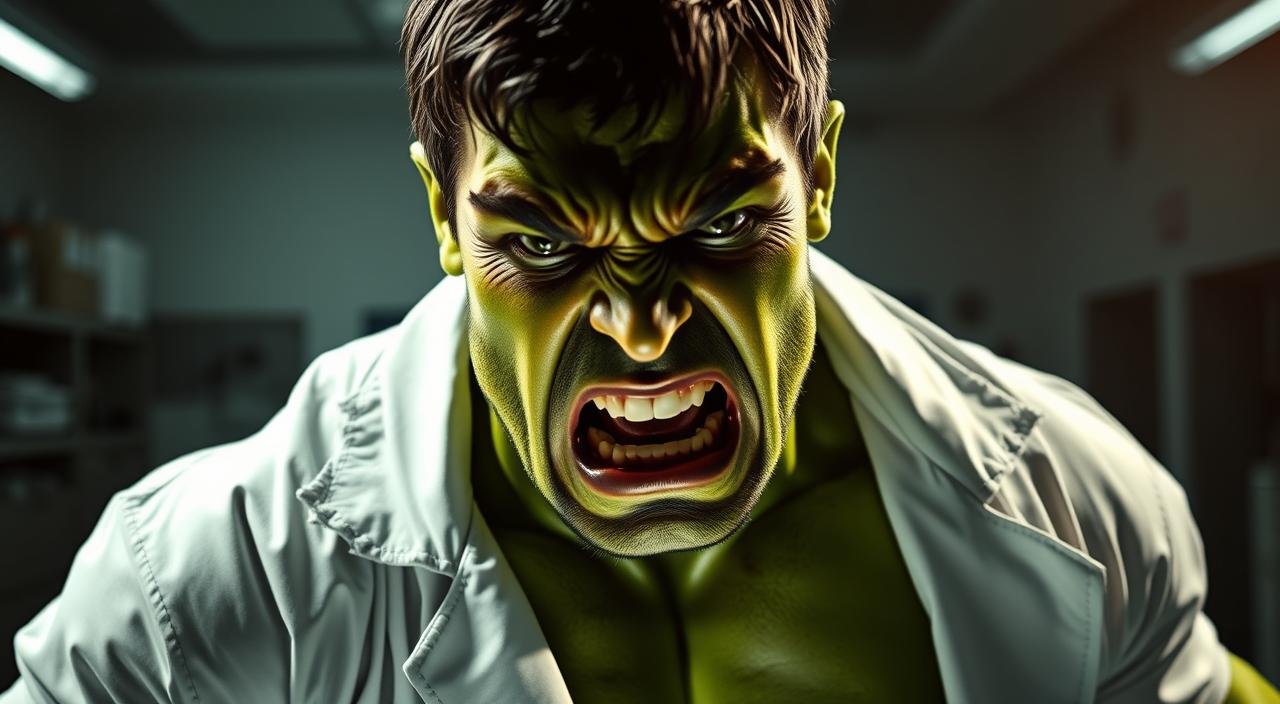
I still remember the first time I encountered the story of Bruce Banner, a renowned scientist whose experiment gone wrong transformed him into the mighty Incredible Hulk.
This iconic Marvel character’s journey from a brilliant mind to a raging green monster is a complex exploration of human duality.
As we dive into the world of Bruce Banner and his alter ego, we’ll explore the psychological struggles he faces and the cultural phenomenon that has made the Hulk a household name.
This comprehensive guide will take you through the evolution of the Hulk in comics, television, and film, providing a deeper understanding of one of Marvel’s most complex characters.
The Birth of a Marvel Icon
In the early 1960s, the comic book world was introduced to the Incredible Hulk, a character created by the legendary duo Stan Lee and Jack Kirby. This new hero would go on to become one of Marvel’s most enduring characters.
Stan Lee and Jack Kirby’s Creation
The collaboration between Stan Lee and Jack Kirby was instrumental in shaping the Incredible Hulk. Their work together brought forth a character that embodied the duality of man, inspired by literary figures like Frankenstein’s monster and Dr. Jekyll and Mr. Hyde.
Lee’s writing and Kirby’s art combined to create a compelling narrative that captivated audiences. The character’s first appearance was in “The Incredible Hulk” #1 in May 1962.
First Comic Book Appearance
The Hulk first appeared in comic books as a gray-skinned character. However, due to the limitations of the printing technology at the time, the color was later changed to green. This iconic green skin has since become synonymous with the character.
The Inspiration Behind the Character
The creation of the Hulk was influenced by the Cold War era and the fears associated with nuclear radiation. Bruce Banner, the alter ego of the Hulk, is a scientist exposed to gamma radiation, leading to his transformations into the Hulk.
| Character Aspect | Inspiration | Comic Book Representation |
|---|---|---|
| Duality of Man | Dr. Jekyll and Mr. Hyde, Frankenstein’s monster | Bruce Banner and the Hulk |
| Physical Appearance | Frankenstein’s monster | Green-skinned, large, and powerful |
| Origin Story | Nuclear radiation fears | Exposure to gamma radiation |
The Hulk’s initial run was canceled after six issues, but the character found new life in “Tales to Astonish.” This resurgence cemented the Hulk’s place as a beloved character in the Marvel universe.
Product Description
“Don’t make me angry. You wouldn’t like me when I’m angry.” Watch this warning become a mantra for mild-mannered research scientist David Banner (Primetime Emmy® Award nominee Bill Bixby) with The Incredible Hulk: The Complete Series on DVD! This 20-disc collection includes over 6 hours of bonus features and every heart-pounding episode of the unforgettable series that chronicles Banner’s quest to find the cure for his transformations into the terrifying and enraged Hulk (Lou Ferrigno).
Bruce Banner: The Man Behind the Monster
Bruce Banner’s journey from a troubled childhood to becoming a renowned scientist is a testament to his resilience and intellectual prowess.
Born on December 18, 1969, in Dayton, Ohio, Banner’s early life was marked by an estranged relationship with his father, Brian. This complicated family dynamic played a significant role in shaping his personality and driving his pursuit of scientific knowledge.
Early Life and Education
Banner’s academic prowess was evident from an early age. He pursued higher education with fervor, eventually obtaining an M.D. and seven Ph.Ds in various scientific disciplines. His expertise in nuclear physics and biochemistry positioned him as a leading figure in his field.
Scientific Career and Achievements
As a scientist, Banner’s work was groundbreaking. He made significant contributions to the understanding of gamma radiation, cementing his status as one of the foremost scientific minds of his generation.
His work at Culver University, alongside his colleague and love interest Betty Ross, was particularly noteworthy.
Relationship with Betty Ross
Banner’s relationship with Betty Ross added a personal dimension to his life, complicated by her father, General Thaddeus “Thunderbolt” Ross, who would later become a formidable adversary to the Hulk.
This complex interplay between personal and professional life highlights the multifaceted nature of Banner’s character.
Banner’s scientific brilliance was matched by his social awkwardness and inner turmoil, creating a complex character even before his transformation into the Hulk. The contrast between his human side and the monstrous alter ego makes their dual nature compelling for audiences.
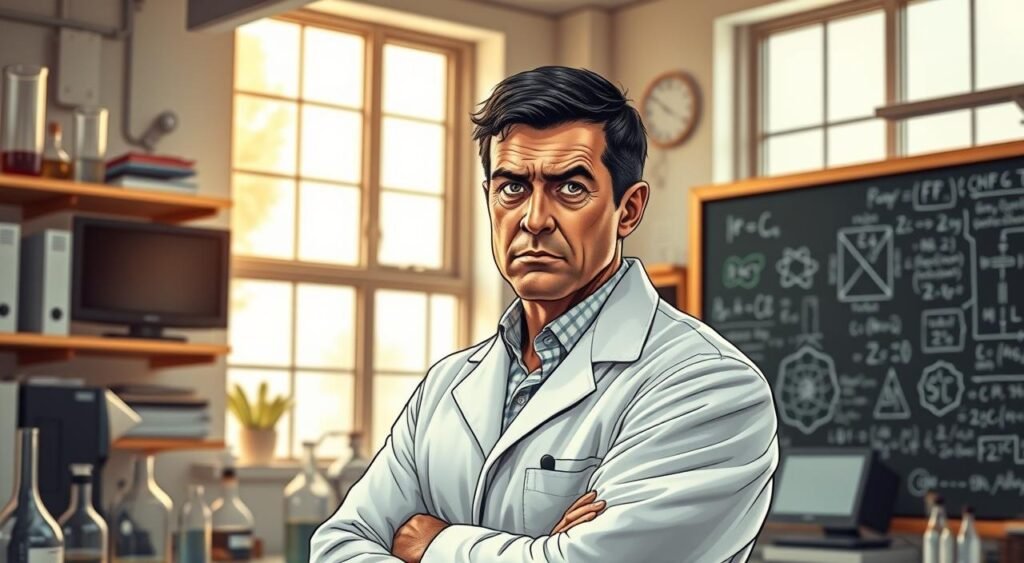
Bruce Banner’s troubled childhood influenced his drive for scientific achievement.
- His multiple Ph.Ds and work in nuclear physics established him as a leading scientist.
- The relationship with Betty Ross and her father added complexity to his personal and professional life.
The Gamma Accident: From Scientist to Smash
The incident that changed Bruce Banner’s life forever involved a gamma radiation experiment that spiraled out of control.
Following the September 11 attacks, General Thaddeus Ross commissioned Bruce Banner to recreate the Super Soldier Serum that created Captain America. However, Banner was not informed of the true nature of the project, which added to the complexity of the situation.
The Super Soldier Serum Project
Banner’s work on the project was driven by his scientific curiosity and the potential to advance medical and military technology.
He was tasked with testing the serum on himself, substituting vita radiation with gamma radiation. This decision was pivotal and ultimately led to the catastrophic consequences that followed.
The Fateful Experiment
On the day of the experiment, Banner’s decision to test the serum on himself proved disastrous. Exposed to massive amounts of gamma radiation, his body began to undergo a drastic transformation.
The gamma radiation interacted with the experimental serum, leading to an unforeseen reaction that would change Banner’s state forever.
The First Transformation
As the radiation took effect, Banner transformed into the Hulk for the first time. The transformation was not just physical; it was a complete metamorphosis into a green monster.
The lab was destroyed, and several people were injured, including Betty Ross. This incident marked the beginning of Banner’s struggle to control the Hulk and his subsequent life as a fugitive.
The aftermath of the accident saw Banner fleeing from authorities, setting the stage for his future escapades. As a scientist turned fugitive, Banner’s life was forever changed. The gamma accident not only altered his physical state but also his destiny.
The Dual Nature of Hulk
As a character, the Incredible Hulk represents the ultimate conflict between intellect and emotion. This duality is embodied in Bruce Banner, whose transformation into the Hulk is triggered by high-stress moments, releasing gamma pulses stored in his amygdala.
The resulting monster, driven by fits of extreme rage, possesses little intelligence, creating an internal conflict that Bruce Banner has long struggled to control.
Internal Struggle
Bruce Banner‘s struggle for control is a central theme in the narrative. The transformation into the Hulk not only changes his physical body but also his mental state, leading to a complex relationship between the two entities sharing one body.
As noted by fans, like the one who said, “The Hulk is a metaphor for the struggle we all face in managing our emotions,” (quote created joblo), this internal conflict resonates with many readers.
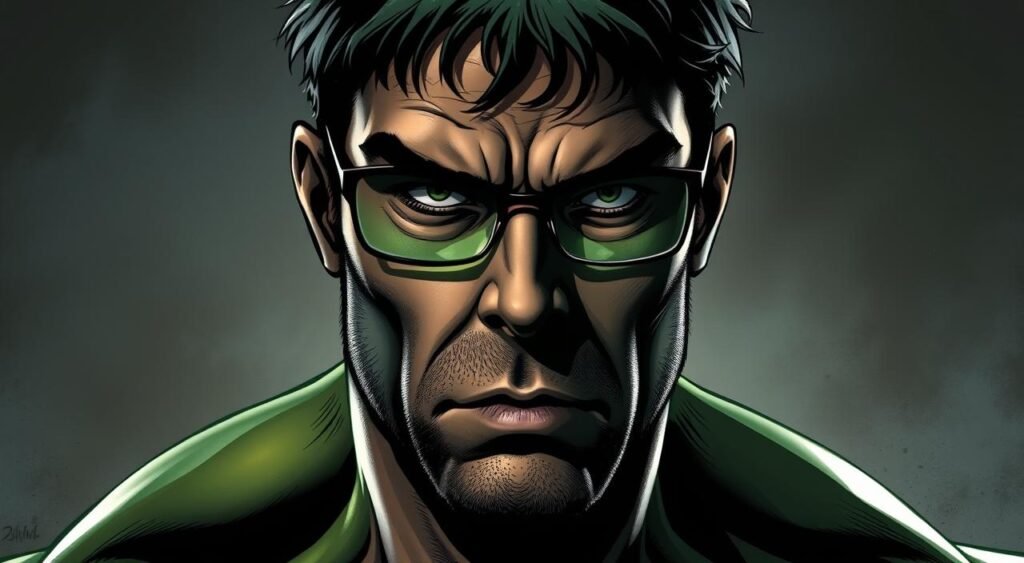
Evolution of the Hulk
Over time, the Hulk’s personality has evolved from a mindless rage monster to more nuanced versions with varying degrees of intelligence and self-awareness.
This evolution allows for explorations of themes such as repression, anger management, and the struggle between intellect and emotion. Writers have used the Banner/Hulk duality to examine these complex psychological aspects, making the character more relatable and intriguing.
Psychological Aspects
The transformation into the Hulk is not just a physical change but also a psychological one, representing the unleashing of repressed emotions and the primal instincts that lie within.
By exploring the psychological aspects of this transformation, we gain insight into the human condition and the universal struggle to manage our emotions and actions.
On the Run: Banner’s Life as a Fugitive
As a fugitive, Bruce Banner’s life became a constant struggle to evade capture. After the gamma accident, he was forced to flee from the United States Army, led by the determined General “Thunderbolt” Ross, who sought to capture him to weaponize the Hulk.
Hunted by General Ross
General Ross’s relentless pursuit of Bruce Banner drove him to travel extensively through the Midwestern U.S. and towards Idaho, often resulting in violent encounters with state troopers.
His attempt to escape to Quebec, Canada, was thwarted at the border, triggering another transformation into the Hulk.
Global Escapades
Bruce Banner’s life on the run was marked by global travels, as he hid in both remote locations and urban centers. He constantly sought to maintain a low profile while managing his condition, avoiding detection by military forces.
Seeking a Cure
Throughout his years as a fugitive, Banner desperately searched for a cure for his condition. He explored various scientific approaches and collaborated with experts who attempted to help him.
The psychological toll of living as a fugitive was immense, with feelings of isolation, paranoia, and the constant fear of triggering a transformation in public.
| Location | Encounter | Outcome |
|---|---|---|
| Midwestern U.S. | Violent encounters with state troopers | Forced to flee |
| Idaho | Continued evasion of military forces | Remained on the run |
| Quebec, Canada | Caught at the border, triggered transformation | Captured, later escaped |
Bruce Banner’s fugitive status has been portrayed differently across various media, including comics, television, and film adaptations, showcasing the evolution of this aspect of his character over time.
Dr. Robert Bruce Banner may be a mild-mannered scientist, but after being caught in a gamma bomb explosion, he was transformed into the unstoppable engine of destruction known as the Incredible Hulk! From the earliest Stan Lee/Jack Kirby issues that put an irradiated angle on the Dr. Jekyll/Mr. Hyde complex, to Steve Ditko’s psychological slobberknockers in TALES TO ASTONISH and the Jade Giant’s return to his own solo series, Marvel is proud to present everyone’s favorite man-monster from the very beginning! Featuring General Thunderbolt Ross; Betty Ross, the tortured woman who loves Bruce Banner; vile villains from the Leader to the Abomination; and earth-shaking battles against the Silver Surfer, Thor, Giant-Man, Namor, Hercules and more! Collecting INCREDIBLE HULK (1962) #1-6, TALES TO ASTONISH (1959) #100, INCREDIBLE HULK (1968) #102, and material from TALES TO ASTONISH (1959) #59-99 and #101.
Key Comic Book Storylines
The Hulk’s comic book history is rich with diverse and complex storylines that have captivated readers worldwide. One of the most significant aspects of the Hulk’s character development is his involvement in various major comic book arcs.
The Exile and Return
The Incredible Hulk has been a central figure in many Marvel storylines, often driving the plot forward with his immense power and complex character.
One such groundbreaking storyline is Planet Hulk, where the Illuminati exiles the Hulk to space, leading to his emergence as a gladiator and eventual ruler on the alien planet Sakaar.
This storyline was significant not only for its epic scope but also for its impact on the Marvel universe, as it led to the events of World War Hulk.
In Planet Hulk, the Hulk’s journey from being a hero to a gladiator and then a ruler is a compelling narrative that explores themes of power, identity, and redemption.
The subsequent storyline, World War Hulk, saw the Hulk return to Earth, seeking revenge against those who had banished him. This saga was notable for its scale and the confrontation between the Hulk and the heroes who had wronged him.
| Storyline | Key Events | Impact |
|---|---|---|
| Planet Hulk | Exiled to Sakaar, became gladiator and ruler | Led to World War Hulk |
| World War Hulk | Returned to Earth, sought revenge | Confrontation with Marvel heroes |
| The Immortal Hulk | Explored horror themes, immortality | Reimagined the Hulk through a horror lens |
Another critically acclaimed series is The Immortal Hulk, which reimagined the character through a horror lens and explored the metaphysical aspects of Bruce Banner and the Hulk’s existence. This series delved into the idea that the Hulk is an immortal entity, unable to truly die.
Other notable storylines include Gray Hulk/Mr. Fixit, Professor Hulk, and Hulk: Future Imperfect, each expanding the character’s mythology in significant ways.
These storylines have not only been pivotal in the comics but have also influenced adaptations in other media, such as the films Thor: Ragnarok and Avengers: Endgame, showcasing the enduring impact of the Hulk’s comic book history.
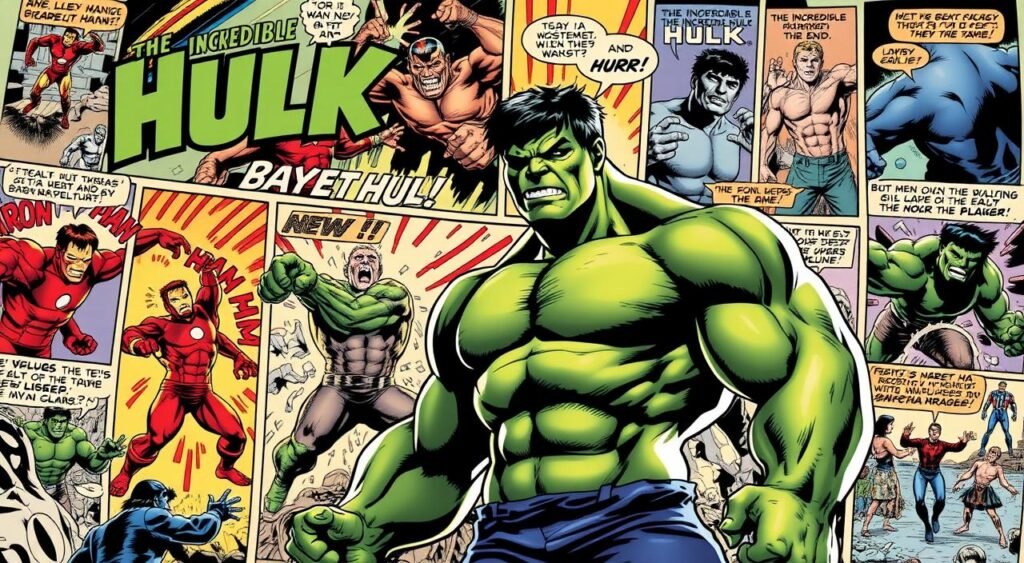
The Many Faces of Hulk
Throughout his history, Bruce Banner’s alter ego has manifested in various forms, captivating fans worldwide. The Incredible Hulk‘s diverse incarnations have been a hallmark of the character’s enduring appeal.
Grey Hulk/Joe Fixit
The Gray Hulk, also known as Joe Fixit, is a cunning and morally ambiguous version of the character. This persona emerged as a significant departure from the traditional green Hulk, with a backstory that includes working as a mob enforcer in Las Vegas.
The change in color and demeanor offered a fresh perspective on the character.
Professor Hulk
Bruce Banner‘s intelligence merged with the Hulk’s strength, resulting in Professor Hulk. This version represents a balance between the two identities, using state-of-the-art reasoning and physical prowess.
The Professor Hulk has appeared in both comic book storylines and the MCU, offering a unique take on the character.
Savage Hulk
The Savage Hulk is the classic, childlike, rage-fueled green monster that most fans recognize. This version embodies pure emotional release, with the body reacting to intense emotions without the control of Bruce Banner.
The Savage Hulk’s simplicity and raw power have made it an iconic representation of the character.
Other Significant Versions
Other notable versions of the Incredible Hulk include the Worldbreaker Hulk, Devil Hulk, and Maestro.
Each of these represents different aspects of Bruce Banner’s psyche and varying levels of power, further enriching the character’s complex identity. The diversity in the Hulk’s body and color reflects the multifaceted nature of the character.
Hulk’s Greatest Allies and Enemies
Bruce Banner’s alter ego, the Hulk, has been both a hero and a villain, leading to intriguing alliances and rivalries.
As a founding member of the Avengers, the Hulk has had a complicated relationship with the team. Despite his unpredictable nature, he has worked alongside other heroes on numerous occasions, contributing to the team’s missions.
The Avengers Connection
The Hulk’s association with the Avengers is multifaceted. While his actions often put him at odds with the team, he has also been a valuable ally in times of need. For instance, during the Scarlet Witch’s influence on the Avengers, the Hulk played a crucial role.
Betty Ross and Love Interests
Bruce Banner’s enduring romance with Betty Ross is a significant aspect of his character. Their relationship has been a constant throughout various storylines, providing a humanizing element to Banner’s narrative.
Betty Ross remained his primary love interest, despite the challenges posed by his alter ego.
Abomination, Leader, and Other Villains
The Hulk’s rogues gallery includes formidable enemies such as the Abomination (Emil Blonsky) and the Leader (Samuel Sterns).
General “Thunderbolt” Ross, who later became the Red Hulk, is another significant adversary. These characters have driven many of the Hulk’s storylines, often pushing the narrative forward with their conflicts.
| Character | Relation to Hulk | Notable Trait |
|---|---|---|
| Abomination | Enemy | Gamma-powered strength |
| Betty Ross | Love Interest | Enduring romance with Bruce Banner |
| The Leader | Enemy | Super-intelligent |
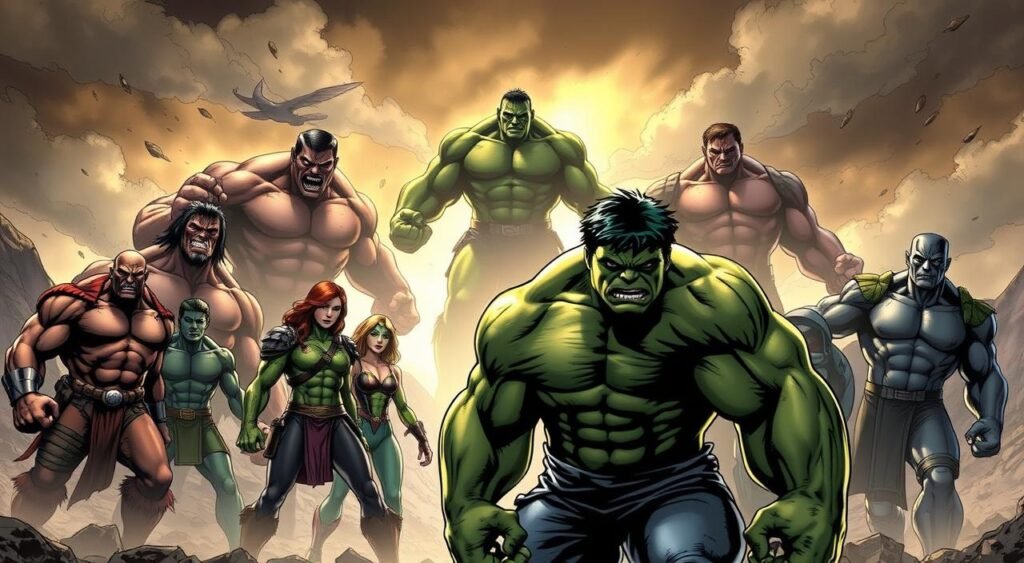
Hulk in Popular Culture
From television to film, and video games to merchandise, the Incredible Hulk has made a significant mark on popular culture. The character’s versatility has allowed it to be reimagined in various forms, captivating audiences worldwide.
Television Series
The iconic 1978-1982 television series “The Incredible Hulk” starring Bill Bixby as Bruce Banner and Lou Ferrigno as the Hulk, introduced the character to a wider audience beyond comic readers.
This series played a crucial role in making the Hulk a household name. The show’s success can be attributed to its engaging storyline and the chemistry between the lead actors.
Film Adaptations
The Hulk has been portrayed by several actors in film adaptations. Eric Bana starred in Ang Lee’s “Hulk” (2003), followed by Edward Norton’s portrayal in “The Incredible Hulk” (2008), and more recently, Mark Ruffalo has taken on the role in the Marvel Cinematic Universe (MCU) since “The Avengers” (2012).
Each movie has brought a unique interpretation to the character, contributing to its enduring popularity.
Video Games and Merchandise
The Hulk’s presence in video games has allowed fans to experience the character’s immense power firsthand. From early console appearances to modern titles, the Hulk remains a popular character.
The character’s impact is also evident in the extensive merchandise empire, including shirts and other clothing items, often featuring the Hulk’s iconic color scheme.
The merchandise has made the Hulk one of Marvel’s most marketable characters, with products available in high resolution quality.
The widespread presence of the Hulk in popular culture is a testament to the character’s enduring appeal. Whether through television, film, video games, or merchandise, the Incredible Hulk continues to captivate audiences around the world.
The MCU Journey: Banner’s Evolution
As the MCU progressed, Bruce Banner’s story transformed dramatically, from the initial portrayal by Edward Norton to Mark Ruffalo’s nuanced interpretation.
This change in actors not only brought a fresh perspective to the character but also allowed for a deeper exploration of Bruce Banner’s complexities.
A New Era with Mark Ruffalo
Mark Ruffalo’s portrayal of Bruce Banner in “The Avengers” (2012) marked a significant shift in the character’s development.
Ruffalo brought a more comedic and nuanced spin to the role, which resonated with audiences. His performance helped to humanize Banner, making him more relatable and endearing to fans.
The MCU gradually developed Banner’s character across multiple films, showcasing his journey from a man running from his condition to someone seeking to harness and control it.
This progression was evident in “Avengers: Age of Ultron,” where Banner’s struggle to maintain control over Hulk became increasingly apparent.
From Avenger to Gladiator
After the events of “Avengers: Age of Ultron,” Hulk ended up on Sakaar and became a gladiator, as seen in “Thor: Ragnarok.”
This period was significant for Hulk’s character development, as he remained in control for two years, developing his own personality and refusing to revert to Banner. The film showcased Hulk’s growth into a more confident and self-assured entity.
Smart Hulk and Beyond
The introduction of Smart Hulk in “Avengers: Endgame” represented the culmination of Banner’s character arc.
By merging his consciousness with Hulk’s body, Banner achieved a state of resolution using his intellect and Hulk’s strength. This new identity allowed him to utilize his abilities for the greater good.
| Movie | Bruce Banner’s Role | Key Developments |
|---|---|---|
| The Incredible Hulk (2008) | Fugitive Scientist | Initial portrayal by Edward Norton |
| The Avengers (2012) | Founding Avenger | Mark Ruffalo takes over the role |
| Thor: Ragnarok (2017) | Gladiator | Hulk remains in control, develops own personality |
| Avengers: Endgame (2019) | Smart Hulk | Banner merges with Hulk, achieves balance |
As the MCU continues to evolve, it will be interesting to see how Bruce Banner’s character is further developed. Potential storylines could include the introduction of related characters like She-Hulk and Skaar, offering new avenues for exploration and growth.
Hulk’s Legacy and Impact
The Incredible Hulk has left an indelible mark on popular culture, symbolizing the struggle between human rationality and primal rage. As a cultural icon, the character has influenced various aspects of society, from comic books to broader media.
Cultural Significance
The Hulk has become a shorthand for uncontrolled rage and the duality of human nature. Phrases like “Hulk smash!” and “Don’t make me angry…” have entered the lexicon, demonstrating the character’s deep-rooted presence in popular culture.
The Hulk’s impact is evident in various forms of media, where he is often used as a metaphor for unbridled anger or the struggle between reason and emotion.
Influence on Other Characters
The Hulk’s influence can be seen in the creation of other gamma-powered characters in Marvel Comics, including She-Hulk (Jennifer Walters), Red Hulk (Thaddeus Ross), and Amadeus Cho.
These characters have expanded the Hulk mythology, exploring different aspects of the gamma radiation theme.
| Character | Relation to Hulk | Notable Trait |
|---|---|---|
| She-Hulk | Cousin of Bruce Banner | Retains intelligence in Hulk form |
| Red Hulk | General Thaddeus Ross | Absorbs and redirects energy |
| Amadeus Cho | Associate of Bruce Banner | Becomes the new Hulk |
Scientific Themes in Hulk Stories
Hulk stories often explore scientific themes related to radiation, genetic modification, and the ethics of scientific experimentation.
The character’s origin, tied to gamma radiation, serves as a commentary on the dangers of scientific hubris and the unintended consequences of playing with forces beyond human control.
“The Hulk is a manifestation of our deepest fears about the power of science and technology to alter human nature in ways we can’t control.”
As a scientist-turned-monster, Bruce Banner’s struggle to find a cure for his condition drives many narratives, highlighting the tension between scientific progress and personal cost.
The Hulk’s legacy continues to captivate audiences, offering a complex exploration of identity, control, and the human condition.
Conclusion
The Incredible Hulk’s story, spanning over six decades, is a rich tapestry of themes and emotions that resonate deeply with fans worldwide.
From his comic book origins to his prominent role in the Marvel Cinematic Universe, the character continues to embody the universal human struggle with anger and control.
The duality of Bruce Banner and the Hulk provides a unique lens through which creators explore profound themes of identity, responsibility, and the price of power.
As the character evolves in comics, films, and other media, he remains fresh and compelling through constant reinvention while staying true to his core concept.
The Hulk represents the monster within us all and our ongoing battle to channel our darker impulses toward positive ends.
With his incredible strength and complex personality, the Hulk continues to be a cultural icon, symbolizing the eternal conflict between our intellect and emotion.
As we seek a cure for our own inner struggles, the Hulk’s journey reminds us of the importance of resolution and self-control.
In conclusion, the Incredible Hulk’s legacy is a testament to the power of comic book storytelling and its ability to captivate audiences for hundreds of issues and beyond.
FAQ
What is the material of the Hulk shirt?
The shirt is made of super soft 100% preshrunk cotton, ensuring a comfortable fit that lasts.
How is the design printed on the shirt?
The custom-designed graphic is printed using state-of-the-art color transfer technology, resulting in vivid, high-resolution images.
Is the shirt durable?
Yes, the shirt is designed to be long-lasting, with a guarantee that the print will last for hundreds of washes.
Can I customize the design or color of the shirt?
The shirt is custom-designed with a specific graphic and color scheme, but you can explore other designs available at Joblo Media Inc.
What is the price of the Hulk shirt?
The price of the shirt is .99, making it an affordable addition to your Marvel-themed apparel collection.
Is the shirt suitable for both men and women?
The shirt is designed as a women’s comfort tee, but similar designs may be available for men or unisex styles at Joblo Media Inc.
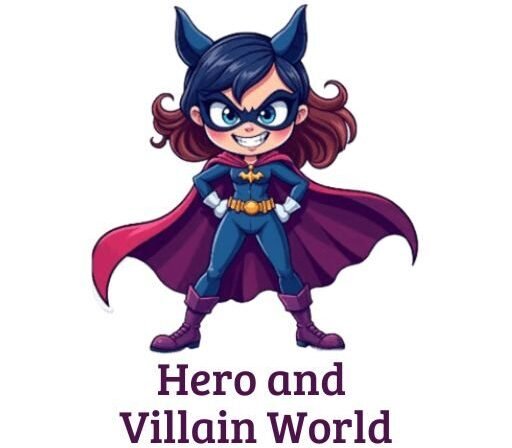
![The Incredible Hulk: The Complete Series [DVD]](https://m.media-amazon.com/images/I/51r8HvJDxtL.jpg)
![The Incredible Hulk Omnibus Vol. 1 [New Printing]](https://m.media-amazon.com/images/I/51c4kZeew4L.jpg)
